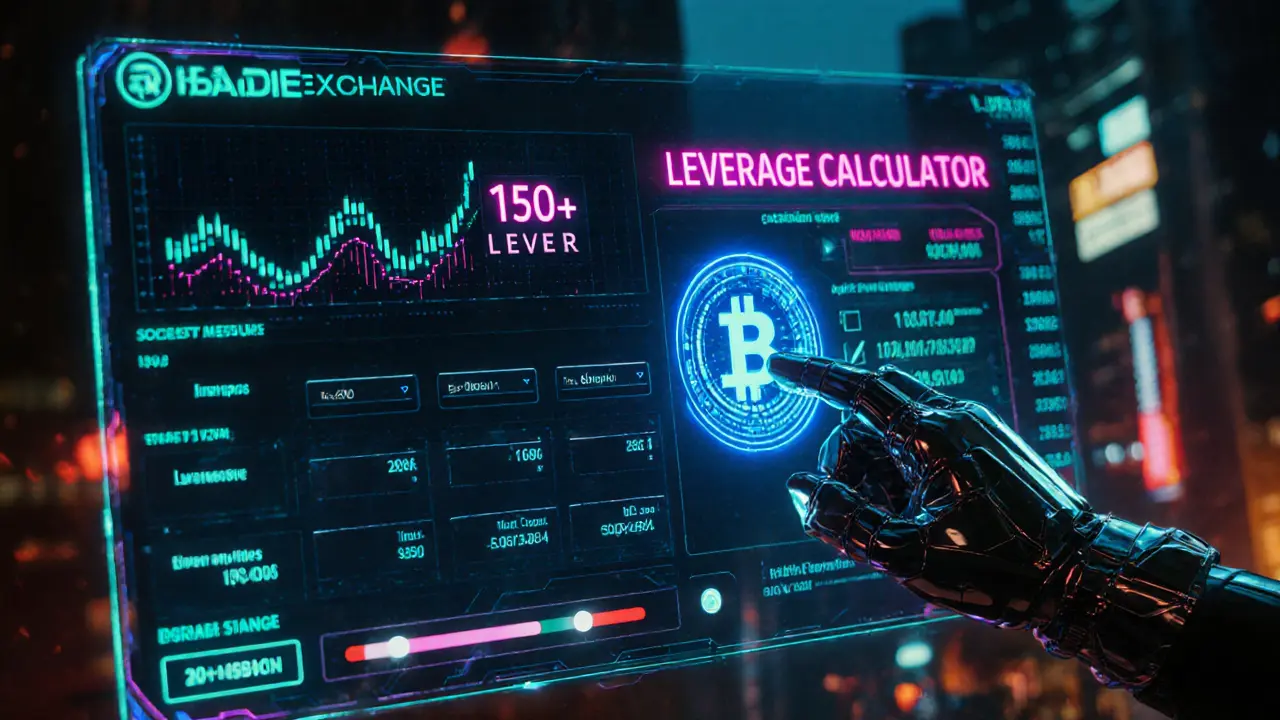A detailed review of Blade exchange, covering its perpetual swaps, 150x leverage, user experience, and how it stacks up against other crypto derivatives platforms.
Perpetual Swaps Explained – Your Guide to Crypto Derivatives
When you hear Perpetual Swaps, derivative contracts that never expire, letting traders hold positions indefinitely. Also known as non‑expiring futures, they blend the price‑tracking of spot markets with the financing structure of futures, using continuous funding payments to keep the contract price aligned with the underlying asset.
Key Concepts Behind Perpetual Swaps
This ecosystem leans on several core ideas. Futures Contracts, standardized agreements to buy or sell an asset at a set date and price provide the template, but perpetual swaps drop the expiry date, turning a static promise into a rolling position. Decentralized Exchanges, on‑chain platforms that match traders without a central order book often host these swaps, giving anyone with a wallet access to high‑leverage trading. To open a position you need margin – collateral that backs the trade – and the amount of borrowed capital you use is called leverage. Higher leverage magnifies gains and losses, so funding rates, liquidation thresholds, and risk controls become essential pieces of the puzzle.
Because perpetual swaps stay open as long as you can meet margin calls, they’re popular for strategies that aim to capture short‑term price movements while avoiding the roll‑over hassle of traditional futures. Traders also watch funding rates to profit from the periodic payments exchanged between long and short sides. All of this creates a dynamic where market sentiment, liquidity on the underlying exchange, and the design of the swap contract intertwine.
Below you’ll find a curated selection of articles that dig into real‑world examples, fee structures, security considerations, and the latest trends shaping perpetual swap markets. Whether you’re looking to understand the basics or fine‑tune a high‑leverage strategy, the posts grouped here give you the context you need to trade smarter.

